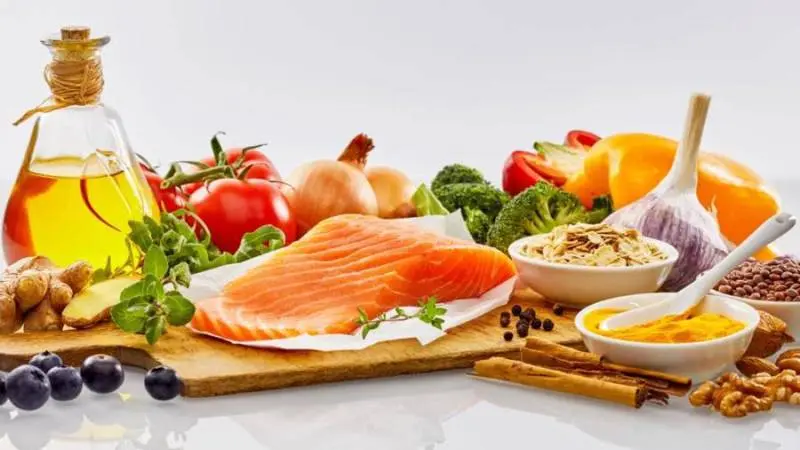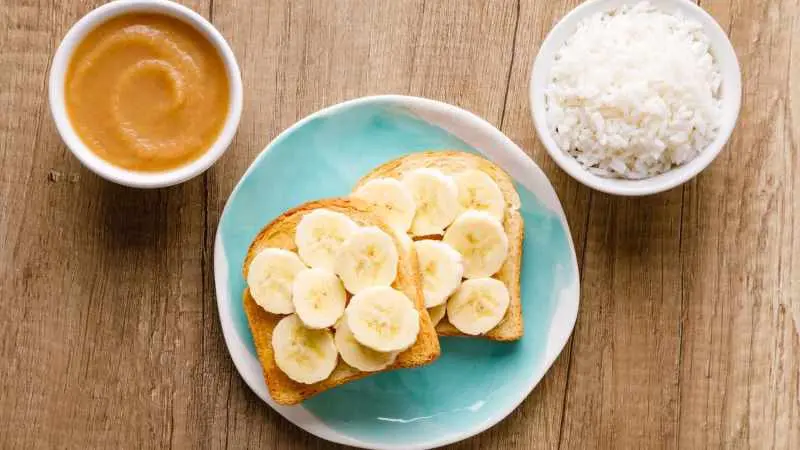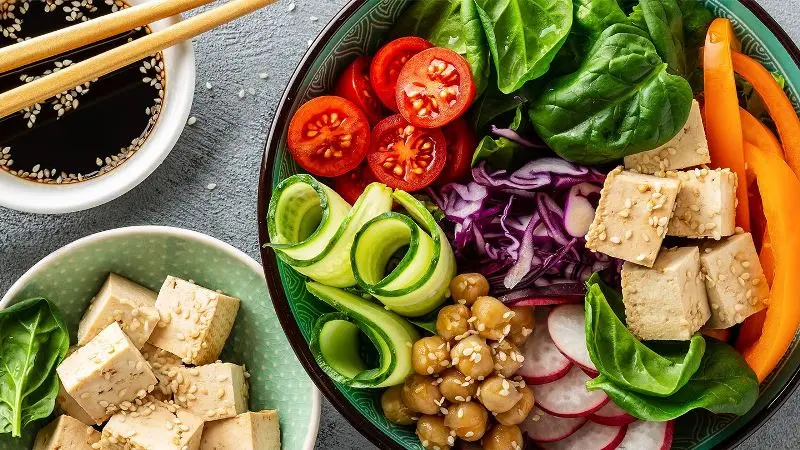
Arthritis, an inflammation of the joints, is a common condition that affects millions of people worldwide. The symptoms, which include joint pain, swelling, and stiffness, can be debilitating and impact quality of life.
Increasingly, people are turning to dietary strategies, like an anti-inflammatory diet, to manage arthritis symptoms. An anti-inflammatory diet involves eating certain types of foods that are known to combat inflammation. This article explores the principles of an anti-inflammatory diet for arthritis and provides practical tips and a meal plan to get started.
1. Understanding Arthritis and Inflammation
Arthritis is a broad term for conditions that cause joint pain and inflammation. There are numerous types of arthritis, the most common being osteoarthritis and rheumatoid arthritis.
Inflammation is a key factor in these conditions, resulting in the symptoms experienced by arthritis sufferers. Therefore, adopting dietary habits that can reduce inflammation may help manage arthritis symptoms.
2. The Anti-Inflammatory Diet for Arthritis
The anti-inflammatory diet is not a specific regimen but rather a style of eating. The diet promotes foods rich in anti-inflammatory compounds, including various vitamins, minerals, and antioxidants, while minimizing foods known to promote inflammation.
This diet is similar to the Mediterranean diet, focusing on whole foods, fruits and vegetables, lean protein, whole grains, and healthy fats.
3. Anti-Inflammatory Foods for Arthritis
- Fatty Fish: Fish like salmon, mackerel, sardines, and trout are high in omega-3 fatty acids, which have been shown to reduce inflammation. Aim to eat at least two servings of fatty fish each week.
- Fruits and Vegetables: These are high in antioxidants, which help prevent cellular damage and reduce inflammation. Particularly potent fruits and vegetables include berries, cherries, oranges, spinach, kale, and broccoli.
- Nuts and Seeds: Nuts and seeds, like almonds, walnuts, flaxseeds, and chia seeds, are high in inflammation-fighting healthy fats.
- Whole Grains: Whole grains are more nutrient-dense than refined grains and help regulate blood sugar levels, reducing inflammation over time.
- Beans: High in fiber, beans can help reduce inflammation by promoting healthy gut bacteria and stabilizing blood sugar levels.
- Olive Oil: Olive oil is high in monounsaturated fats and contains a compound called oleocanthal, which has been shown to have anti-inflammatory effects similar to some medications.
- Spices: Turmeric and ginger, in particular, have powerful anti-inflammatory properties.
4. Foods to Avoid in an Anti-Inflammatory Diet for Arthritis
- Refined Carbohydrates: White bread, white pasta, and pastries have been stripped of their fiber and nutrients, leading to increased blood sugar and promoting inflammation.
- Fried Foods: These foods are often high in trans fats, which stimulate inflammation.
- Sugary Drinks: Sugar-sweetened beverages can trigger inflammation. Opt for water, herbal teas, or naturally flavored water.
- Processed Meats: Processed meats like sausages and hot dogs are high in unhealthy fats and preservatives that can promote inflammation.
- Excessive Alcohol: Moderate alcohol consumption may have some health benefits, but excessive consumption can lead to numerous health problems, including increased inflammation.
5. Sample Anti-Inflammatory Meal Plan for Arthritis
Here’s a sample 3-day meal plan to give you an idea of what an anti-inflammatory diet for arthritis might look like:
Day 1
- Breakfast: Oatmeal with mixed berries and a sprinkle of chia seeds.
- Lunch: Quinoa salad with grilled salmon, mixed greens, and a dressing made with olive oil and lemon.
- Dinner: Grilled chicken with a side of brown rice and steamed broccoli.
- Snacks: A handful of almonds, an orange.
Day 2
- Breakfast: Scrambled eggs with spinach and whole grain toast.
- Lunch: Whole grain pasta with olive oil, garlic, chili flakes, and cherry tomatoes.
- Dinner: Baked cod with a side of sweet potato and a green salad.
- Snacks: Greek yogurt with a drizzle of honey, a small handful of walnuts.
Day 3
- Breakfast: Smoothie made with spinach, banana, flaxseeds, and almond milk.
- Lunch: Chickpea salad with mixed vegetables, olive oil, and lemon dressing.
- Dinner: Stir-fry with tofu, bell peppers, broccoli, and brown rice.
- Snacks: A bowl of cherries, a small handful of pumpkin seeds.
Conclusion
While an anti-inflammatory diet can’t cure arthritis, it can potentially help manage symptoms and improve quality of life. This dietary approach is also beneficial for overall health, supporting heart health, weight management, and more. As always, it’s essential to speak with a healthcare professional or dietitian before making significant changes to your diet or supplement regimen, especially if you have a chronic condition like arthritis.









